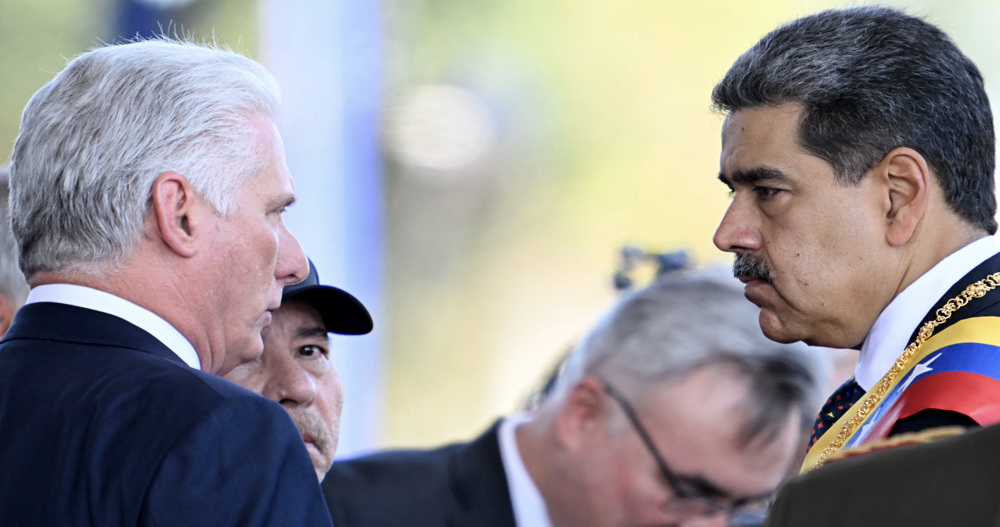Myanmar persecutes Rohingyas, but not committing genocide: US
The United States has acknowledged that Myanmar is persecuting Rohingya Muslims, but failed to call it genocide.
"While it's without question that they continue to face persecution, we did not determine that it was on the level of genocide," State Department spokesman John Kirby told reporters on Monday.
In a report to Congress on whether Buddhist extremists in Myanmar have committed atrocities against Rohingyas, the State Department said that Washington is “gravely concerned” about the abuses against the minority population.
According to the report, in 2012 alone, nearly 200 Rohingyas were killed and some 140,000 displaced, with the violence continuing today.
The report also shows little public support in the Southeast Asian country for the rights of the Rohingya people, and recognizes that some Buddhist leaders have been inflaming Islamophobia.
The State Department report called on Myanmar "to pursue comprehensive and just solutions," including addressing human rights violations, upholding rule of law, allowing access by humanitarian assistance groups and finding a path to citizenship or restoring citizenship to stateless people, including Rohingya.
Rohingya and other Muslims have faced torture, neglect, and repression in Myanmar for many years. A large number of Rohingyas are believed to have been killed and tens of thousands displaced in attacks by extremists who call themselves Buddhists.
Myanmar’s government refuses to recognize Rohingya Muslims as citizens and labels them as “illegal” immigrants.
Rohingya Muslims have been denied Myanmar citizenship since a new citizenship law was enacted in 1982, and there have been a number of attacks on Rohingyas over the past year.



The violence that originally targeted Rohingya Muslims in western Myanmar has spread to other parts of the country, where Muslims who have been granted citizenship are being attacked, according to reports.
Most of Myanmar's about 1.3 million ethnic Rohingya Muslims in the western state of Rakhine are deprived of citizenship rights due to the policy of discrimination that has denied them the right of citizenship and made them vulnerable to acts of violence and persecution, expulsion, and displacement.
The Myanmar government has so far refused to extricate the stateless Rohingyas from their citizenship limbo, despite international pressure to give them a legal status.
Myanmar’s government has been accused of failing to protect the Muslim minority.
In November 2014, US President Barack Obama raised the issue of human rights violations against the Rohingya in his meeting with Myanmar’s President Thein Sein in the Southeast Asian nation's capital Naypyidaw.


He said that Washington is "deeply concerned about the humanitarian situation in Rakhine State and the treatment of the Rohingya and other Muslim communities, who continue to endure discrimination and abuse."
Myanmar's opposition leader Aung San Suu Kyi has come under fire for her stance on the violence against Rohingyas. The Nobel Peace laureate has refused to censure the Myanmar military for its persecution of the Muslims.
Suu Kyi's National League for Democracy (NLD) is forming a new government that will take power on April 1. The United Nations and European Union have said that they hope conditions would improve under her government.
Araghchi: Iran-Russia strategic deal step toward ‘more just world’
UNRWA unraveled amid Israel's allegations, reduced intl. support
Palestinian journalist, a Sobh Media Festival awardee, killed in Gaza hours before truce
Jan. 15: ‘Axis of Resistance’ operations against Israeli occupation
VIDEO | Fears, hope in Gaza amid intensified ceasefire efforts
VIDEO | Press TV's news headlines
Hamas: Ceasefire agreement result of steadfastness, resistance in Gaza over 15 months
Hamas thanks Iran, Resistance Front following achievement of ceasefire in Gaza










 This makes it easy to access the Press TV website
This makes it easy to access the Press TV website